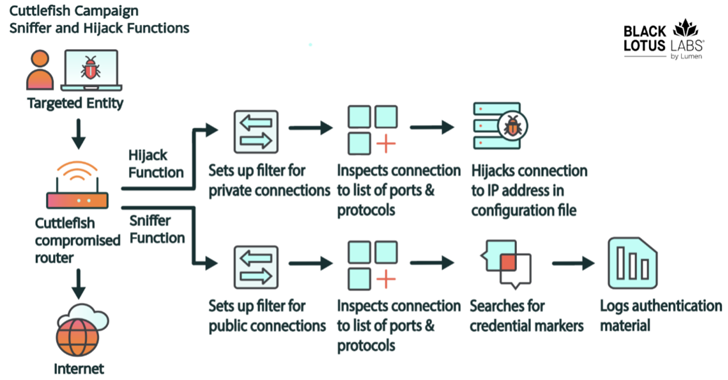Japanese multinational company Toshiba has developed a breakthrough algorithm which is deemed to be the world’s fastest and largest-scale performance algorithm. The company has tasted success in developing an algorithm for combinatorial optimization that involves selecting the best possible outcomes from a large number of combinatorial patterns.
A newly developed algorithm called Simulated Bifurcation Algorithm has been touted to bring 10-times improvements over the currently deployed techniques.
Simulated Bifurcation Algorithm
Simulated Bifurcation Algorithm obtains precise outcomes for complex, large-scale combinatorial optimization problems. The algorithm utilizes bifurcation phenomena — adiabatic processes, and ergodic processes in classical mechanics. It is derived from a theory of quantum computer that was proposed by Toshiba itself.
Earlier, it was believed that achieving such a massive computation power for developing an algorithm capable of solving an optimization problem with 100,000 fully connected variables in a few seconds is only possible with quantum computers.
However, Toshiba has achieved a breakthrough by developing a technique which is not only the world’s fastest algorithm but also delivers a large scale performance at low cost.
One of the highlighting results of this achievement is the fact that the algorithm can be used on standard computers without installing any additional equipment.
This will boost problem-solving capabilities as well as reduce computation time in the currently used semiconductor-based digital computers.
To give you an idea about the new algorithm by Toshiba, it can obtain highly accurate solutions for an optimization problem having 2,000 fully connected variables in just 0.05 milliseconds.
This result is 10-times faster than the laser-based quantum computer, which is the world’s fastest computer when it comes to problem-solving.
Applications Of Simulated Bifurcation Algorithm
The newly developed algorithm could be applied to complex tasks like mapping efficient delivery routes, identifying the most effective molecular structures for developing new drugs and building portfolios for financial products.
Toshiba has said it will build a service platform around the algorithm and will be available for commercialization in 2019.









